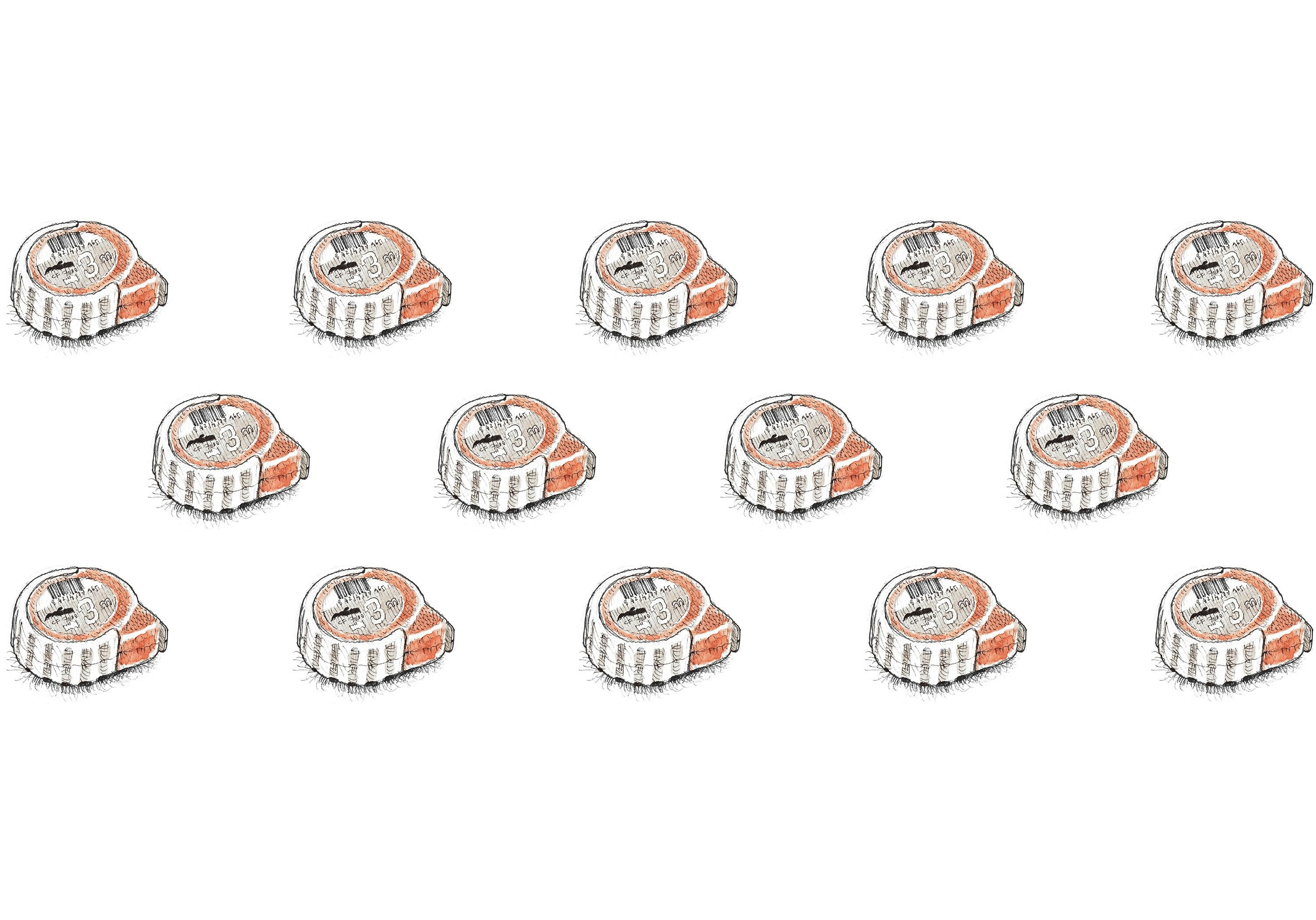
What Can You Measure?
The length of your table. Time. Your age and weight and height. The money you have in the bank. The number of tee shirts you own.
Certain things are easy to measure. Grab a ruler or a tape measure. A clock. A calendar. A weight. Access your bank account. Take a look at your wardrobe. You got it: the exact number, the precise answer.
Other things, however, are not so easy to measure; How happy are you with your current job? How are your relationships with the people around you? Is the food you are eating making you healthier? How are your current habits contributing to your well-being?
Even thought researchers try really hard to plot abstract aspects of our quotidian lives on tables and charts, the truth is, it's weird to wrap our head around measuring things like happiness, well-being, enjoyment, love, or even mood. You can't reduce these feelings to distances, dates, durations, or numbers.
In some cases, however, conclusions about happiness or well-being can be extracted by studying the habitual patterns of individuals. Take, for instance, a research study developed at University of Warwick, in the UK, by Caroline Meyer and her team, in which participants noted down their two main activities every ten minutes during a 24-hour period on a diary, along with where and who they were with, whether they were using a digital device (smartphone, tablet, or computer), and a rating of their enjoyment of each activity, on a scale of 1 to 7.1 "Commuting to and from work can constitute a significant proportion of a person's day and can have a considerable impact on one's well being," the researchers conclude in their study on workforce commuting and subjective well-being. "Commutes using passive modes of transport (e.g., car, train) were found to be the least enjoyable activities carried out in the day. Commuting using active modes of transport (e.g., cycle, walk) was also amongst the least enjoyable activities, although enjoyment of active commuting was significantly higher than that of passive commuting."
This study compared experienced well-being across different activities, and how commuting or not affects the overall, subjective sense of enjoyment of the rest of daily activities. (And, even though commuting was amongst the activities we enjoy the least, it seems to have little impact on how much we enjoy the rest of activities in which we partake.)
As research shows, you can identify metrics that, in one way or another, encode subjective aspects of your life, and compare how much better today was than yesterday. Write down what you did and how much better (or worse) it made you feel. Then repeat what makes you happy, what helps you relax and be at peace with yourself, and avoid what stresses you out, what makes you waste your time, or what makes you sad.
You won't get an exact number. But learning about yourself—even in a subjective, fuzzy way—might be good enough to reinforce the habits that end up making you, if only, a tiny bit happier.
Adam, Zakiyya & Walasek, Lukasz & Meyer, Caroline. (2018). Workforce Commuting and Subjective Well-Being. Travel Behaviour and Society. 13. 183-196. ↩